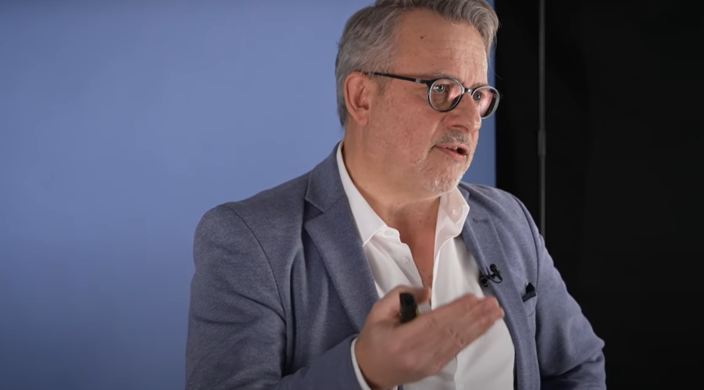At a time when Socially Responsible Investment (SRI) is constantly growing among institutional investors, when an increasing number of pension funds, asset managers and social rating agencies are promoting a more sustainable approach to finance, and when the government is demanding enhanced transparency from financial players, there is one essential player in the working of financial markets which is still missing: individual financial services customers, that is me and you. And yet, we individuals hold over 70% of the assets under management in the international financial markets, through our savings, pensions and insurance premiums.
This lack of involvement does not mean however, that citizens are not concerned about the social & environmental impact of their money/investments. When they were surveyed in France for example, 77% of retail investors responded that more stringent environmental, social and governance (ESG) requirements in investments are essential (EIRIS-FIR study, 2013).
Much remains to be done before all financial stakeholders effectively strive to contribute to a more sustainable, fairer society by financing a real and sustainable economy. The search for short-term financial performance and the technical complexity & cost of analyzing environmental and social aspects of investments – often qualitative – and financial tools that are more inclined to use quantitative mathematical models, are key obstacles to growth of SRI.
This lack of attention from the majority of large investors and their frequent focus on short-term profits in their dealings with their investment portfolio companies is at times preventing and frequently not persuading those companies to take greater account of environmental and social issues in their strategies and operations. However, the key lever for change towards having a more responsible financial sector is not within the sector, but the wider society, that is the financial services customers – who are all citizens. As of now, they have not taken on the major role they could play in financial markets by fostering more appropriate use of their money by financial organizations.
How many individuals today are aware of the companies and projects that are being funded by their life insurance or pension schemes?
How many clients have ever asked their bank about the use it is making of the money in their and their children’s checking and savings accounts? How many have asked their financial advisers for investment funds which take into consideration environmental and social factors? Millions of citizens are making the effort to recycle, to buy fair-trade products, to donate to or work for associations and to encourage bartering in the name of more sustainable development… but seem unaware of what is perhaps the most effective lever at their disposal if they want to change society: their money.
This is while attention to environmental and social factors in investments, besides helping achieve a more sustainable economy and society, can also lead to higher long-term returns for our financial organizations, which frequently invest across global economy, and by extension can yield superior financial returns for the individual financial services customers.
For far too long, financial markets have been perceived as a world apart, one that is highly technical, difficult to understand and, ultimately, somewhat disconnected from our daily lives. The financial crisis of 2008 showed that the opposite is true: financial markets do indeed have an impact on the real world. All too often, however, this impact appears to us in a negative light – job losses, pollution, stress, offshoring, etc. – and this has perhaps made us forget that, ultimately, the money that they manage is ours. It is therefore our responsibility, too, to make sure that our investments finance the society that we want to live in and leave to future generations.
To achieve this, individuals must ask their banks, their insurance company and their pension fund for greater transparency as to how they invest their money, and demand that these investments take into account the social & environmental issues that are of concern to them, such as climate change, preserving local communities, respecting people’s fundamental rights and liberties around the world, and fighting corruption. Although it may be true that one individual has little chance of convincing his/her bank to change its investment policy, if millions of savers, pensioners, workers and insurance customers were to do the same thing, it is highly probable that change would come.







